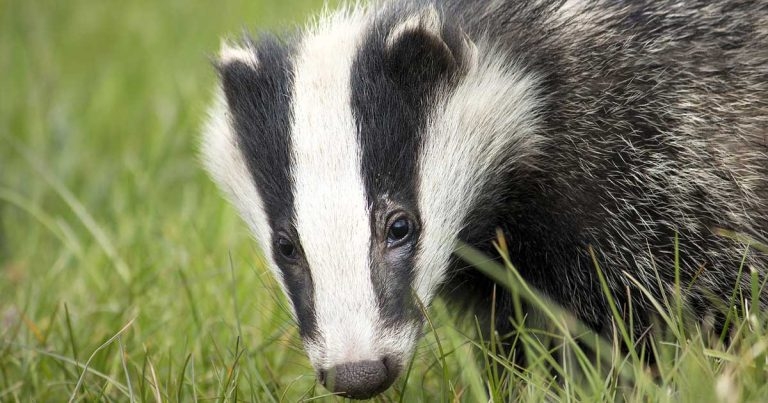8 Aug 2024
Defra is under renewed pressure to act on its pledge to halt the controversial scheme after two campaign groups launched a legal challenge against the granting of additional cull licences in England.

A legal challenge has been launched against the awarding of additional permits for badger culling activity, as part of current bTB control measures in England.
Campaigners from the Badger Trust and Wild Justice have urged ministers to halt the programme immediately, amid their claims that the decision to grant supplementary licences was taken unlawfully.
The move intensifies the pressure on Defra, which has also faced calls for caution from a leading farm vets’ group following its recent pledge to end the controversial scheme.
The action announced today (8 August), follows several months of legal questions about the department’s handling of both current and future bTB policy
The groups are seeking a judicial review of the decision to award supplementary licences for culling activity from 1 June to 30 November, which was taken in May despite scientific advice that they were not required.
Leigh Day, the legal firm representing them, allege the move was unlawful because it was made for what they describe as the “improper” and “legally irrelevant” purpose of maintaining farming industry confidence in policy, rather than for disease control.
They also allege the department failed to provide adequate or rational reasons for issuing the licences against scientific advice.
Badger Trust chairperson Rosie Wood called for the new Defra secretary, Steve Reed, to “step up and stop this mess right now”.
She added: “Bovine TB is overwhelmingly a cattle-to-cattle spread disease. Follow the evidence – end the badger cull, stop this egregious attack on nature and stop misleading the public, farmers and the taxpayer.”
Although both Defra and Natural England, the body which oversees the granting of cull licences, have declined to comment on the action, the department last month signalled its intention to develop plans to end the cull while allowing current licences to proceed.
But the BCVA has urged the department to be cautious about moving to end the programme too quickly.
In response to Defra’s pledge, the group, which is currently reviewing its own bTB policy, said there was a need to “bank all the benefits of the successful combinations of tools that have been used to achieve the reduction in bovine TB”.
It continued: “If we get everything else in place, including more sensitive testing allowing the PVS to be involved in breakdown management, we would hope to never have to return to large scale culling.
“However, removing the culling badger tool from the toolbox now would have a negative effect – at a time when we are seeing the lowest levels of bTB for 20 years.
“The important aim is to continue to proactively reduce the chance of TB breakdown, preserving the health and welfare of cattle – and the wellbeing of farmers, who are too often the forgotten casualties of this devastating disease.”
But Mark Jones, vet and head of policy for the charity Born Free, said any further culling activity was “entirely unjustified”, based on both the Natural England scientist’s advice and a recent paper that cast doubt on the entire programme’s scientific basis.
He said: “We cannot continue to licence the mass slaughter of a protected wild animal for the sake of appeasing elements within the farming and veterinary industries, when the policy is not supported by the latest evidence and scientific advice.”
Meanwhile, and separately to its legal action, the Badger Trust is coordinating a National Day of Action in Westminster on 3 September, which it says will go ahead unless “decisive” steps are taken to halt the cull.